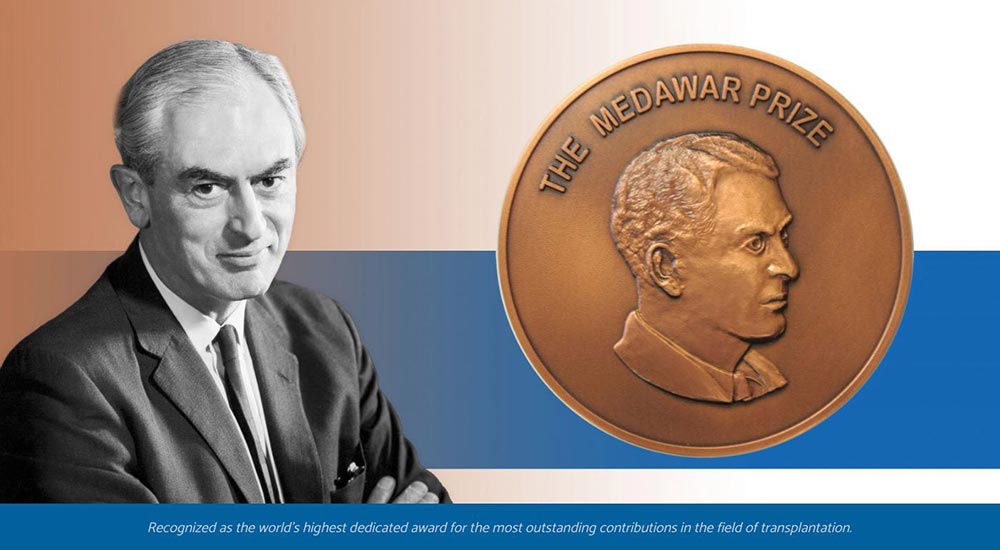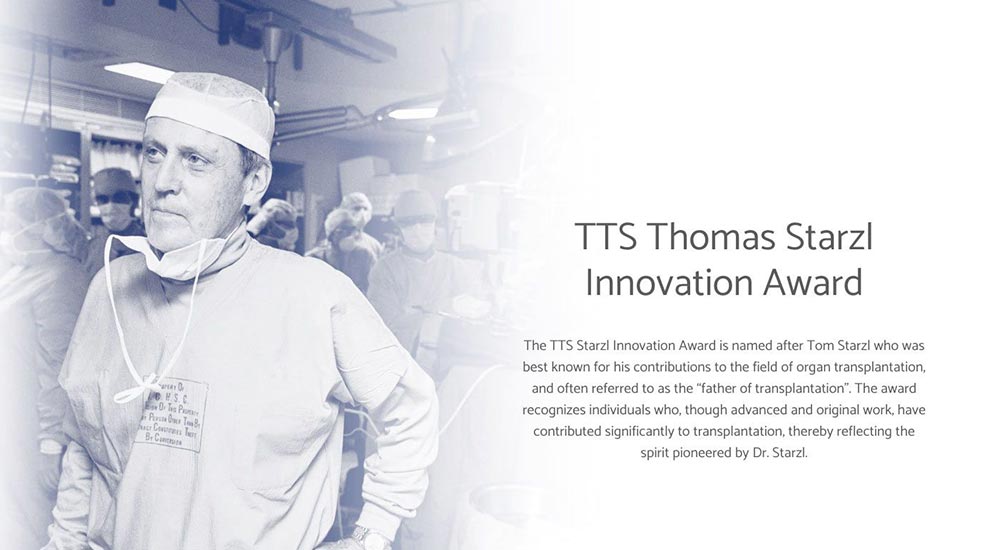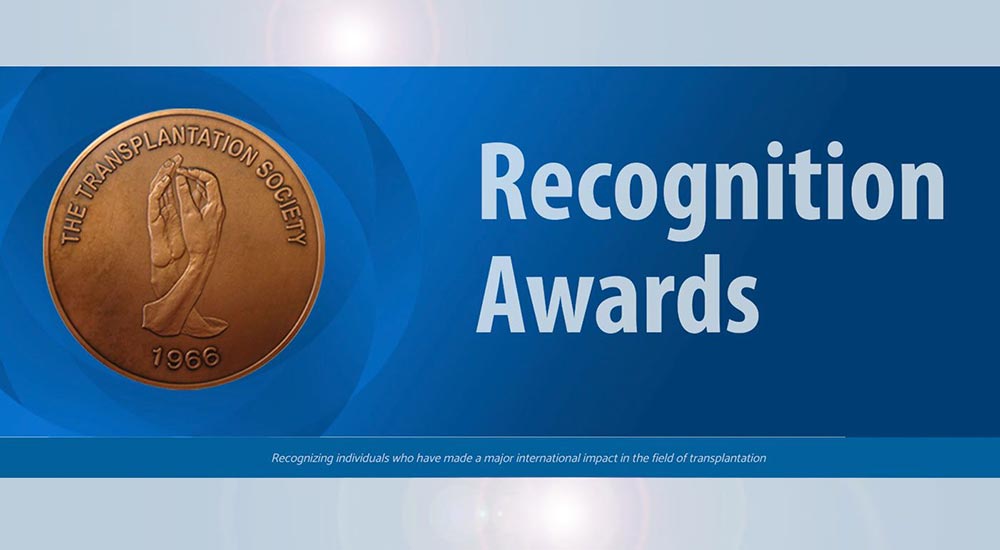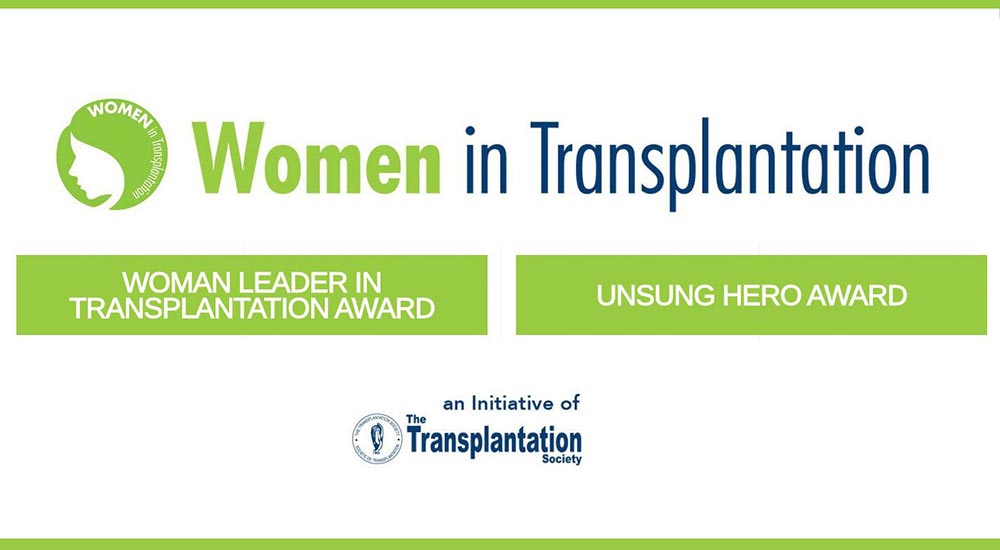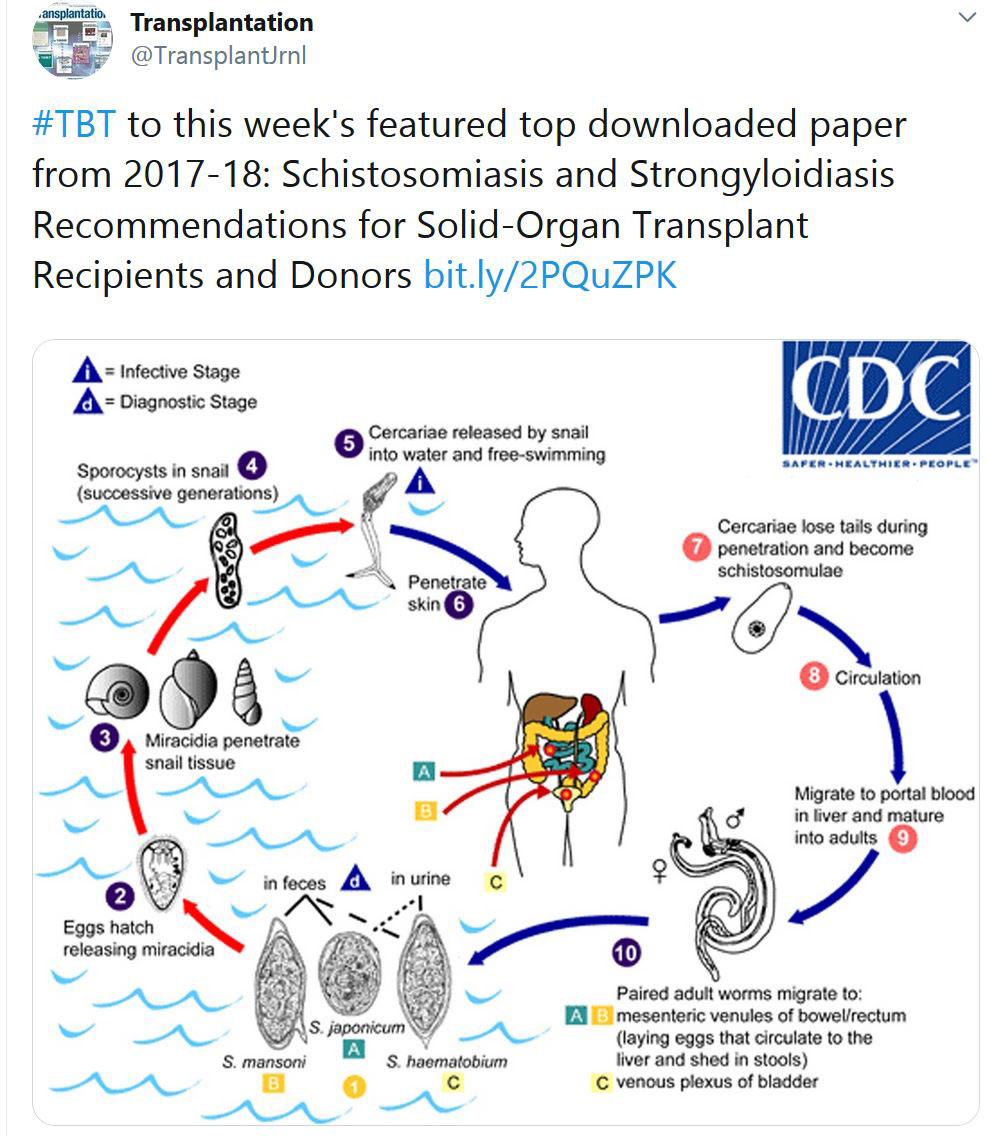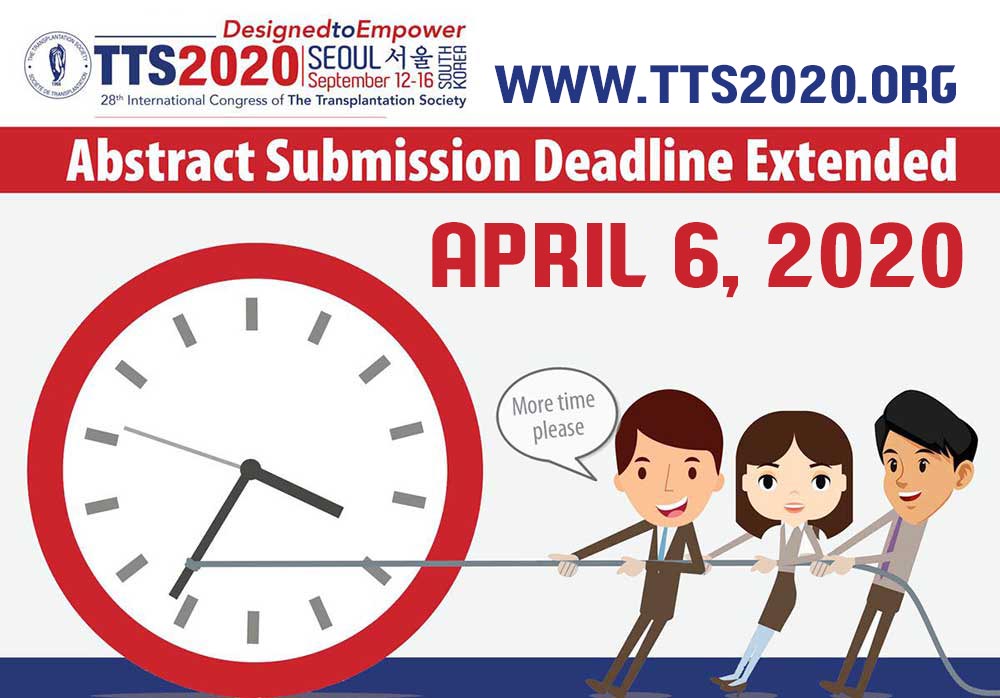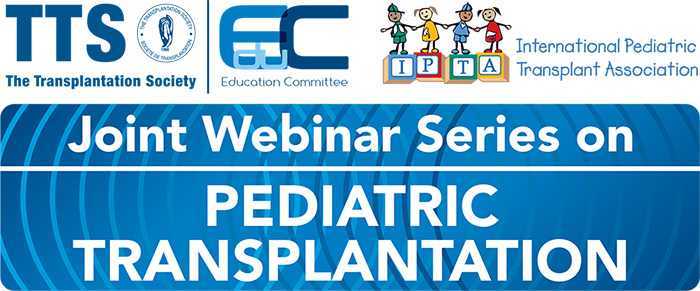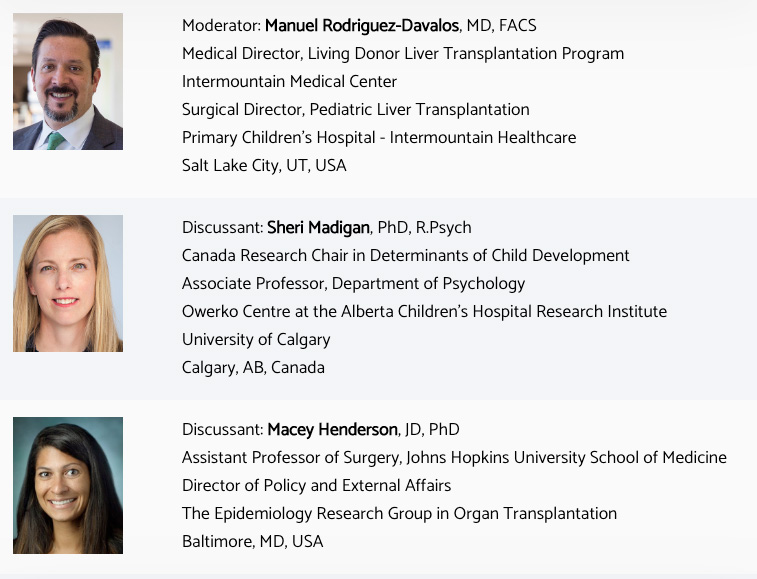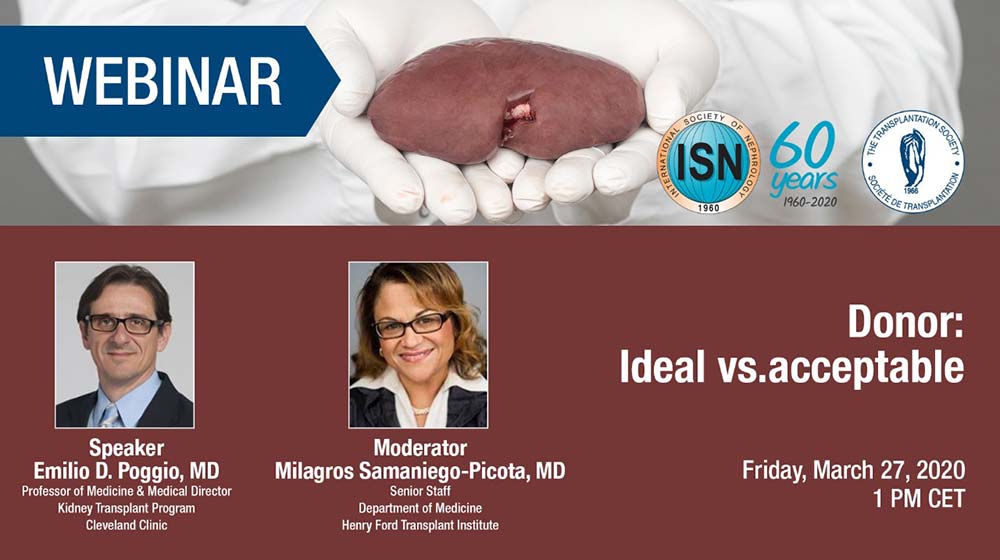
STATEMENT ON THE CORONAVIRUS (COVID-19) & OUR 2020 SEOUL CONGRESS
The outbreak of the coronavirus disease (COVID-19) continues to be the focus of all of us in the medical community worldwide. On behalf of the TTS Leadership, we wish to inform you of our ongoing review and analysis of this situation as it relates to our congress, TTS 2020 to be held in Seoul in September 2020.
Our first and primary concern is for the health and welfare of all — delegates, exhibitors and the wider community.
We are also cognizant of the fact that many of our members, delegates and speakers currently have travel restrictions from their governments and/or institutions. It is important to note, however, that our congress is still 6 months away and that South Korea has been praised by many, including the WHO, for the efforts and commitment to greatly slow the epidemic through its most expansive and well-organized testing program, combined with extensive efforts to isolate infected people, and trace and quarantine their contacts. We are hopeful that Seoul, and travel to Seoul, will be safe for all come this September.
As many congresses have been cancelled this year, we believe it is particularly important to have a congress such as ours to share the collective knowledge of our community, to the extent that we can do so safely for all.
We will continue to monitor developments throughout the world, and advise you by early April should anything change regarding TTS 2020.
To our many members who are front line clinicians, we wish to express our gratitude for your tireless efforts in combatting this outbreak.
TTS 2020 CALL FOR AWARDS ANNOUNCEMENT & NEW TTS STARZL INNOVATION AWARD
THE MEDAWAR PRIZE
Application Deadline - May 1, 2020
Recognized as the world's highest dedicated award for the most outstanding contributions in the field of transplantation.
TTS THOMAS STARZL INNOVATION AWARD
Application Deadline - May 1, 2020
The award recognizes individuals who, though advanced and original work, have contributed significantly to transplantation, thereby reflecting the spirit pioneered by Dr. Starzl.
TTS RECOGNITION AWARDS
Application Deadline - May 1, 2020
These awards recognize individuals who have made a major international impact in the field of transplantation.
WIT AWARDS
Application Deadline - May 1, 2020
The Woman Leader in Transplantation Award and Unsung Hero Award will be presented to women with extraordinary impact in the field.
TRANSPLANTATION - WEEK'S MOST DOWNLOADED PAPER
ABSTRACT SUBMISSION DEADLINE EXTENDED TO APRIL 6, 2020
As we are all aware, the current outbreak of coronavirus disease (COVID-19) has been the focus for the medical community throughout the world. This has prevented many of our colleagues to prepare and submit abstracts for our congress in September. We have therefore decided to extend the abstract submission deadline to April 6.
We are also aware that some individuals are concerned about committing to traveling to the congress in September as it is still six months away. We have therefore decided to extend the abstract presenter registration deadline to June 15, at which point much more will be known about the containment for the coronavirus disease.
If you are a TTS Member, we have setup an account for you in the system. You can retrieve your login credentials in the TTS Members area of tts.org.
TTS EDUCATION COMMITTEE: JOINT TTS-IPTA WEBINAR SERIES ON PEDIATRIC TRANSPLANTATION
TITLE: SOCIAL MEDIA USE IN PEDIATRIC TRANSPLANTATION
WEDNESDAY, APRIL 1, 2020 - 12:00 PM EDT (MONTREAL TIME)
TTS Education Committee and the International Society of Pediatric Transplantation (IPTA) Allied Health Professional Committee (AHPC) have joined together to host a webinar. The Allied Health Professional Committee (AHPC) aligns its mission with that of IPTA to advance the science and practice of pediatric transplantation and to improve the health of all children who require transplantation through the various subspecialties of this group, including nursing, nutrition, psycho-social health, developmental, physical and occupational therapies and pharmaceutical management. Under the auspices of IPTA, the AHPC is dedicated to promoting advances in these inter-professional specialties to improve outcomes for all children who receive transplants and their families and to advocate for their rights as transplant candidates and recipients.
Objectives:
- Dr. Madigan will review the screen use guidelines. It will also provide attendees the opportunity to consider the potential benefits and consequences of digital media in the lives of children;
- Dr. Henderson will introduce the transplant issues, incorporating applications in transplantation and donation as well.
ISN-TTS WEBINAR: DONOR - IDEAL VS. ACCEPTABLE
TRANSPLANTATION DIRECT - HIGHLIGHTED ARTICLE

Dr. Peri Husen, Editorial Fellow, Transplantation
Cognitive Improvement After Kidney Transplantation Is Associated With Structural and Functional Changes on MRI
van Sandwijk MS, ten Berge IJM, Caan Matthan WA, et al.
Transplantation Direct: March 2020 - Volume 6 - Issue 3 - p e531. doi: 10.1097/TXD.0000000000000976
Quality of life in patients with chronic kidney disease (CKD) is severely influenced by cognitive impairment. In this article, van Sandwijk and coworkers report on a prospective observational cohort study assessing the cognitive improvement in renal transplant recipients before and 1 year after transplantation. They also relate the functional improvement to changes in neuroimaging. The authors found that kidney transplantation resulted in improvement of cognitive function, possibly being related to an improved white matter integrity, and the latter being a result of a normalization of volume and osmotic status. This study emphasizes the broader spectrum of beneficial results following renal transplantation.
IN THE NEWS
TO BEAT COVID-19, SOCIAL DISTANCING IS A MUST

March 19 - Even in less challenging times, many of us try to avoid close contact with someone who is sneezing, coughing, or running a fever to avoid getting sick ourselves. Our attention to such issues has now been dramatically heightened by the emergence of a novel coronavirus causing a pandemic of an illness known as COVID-19. Many have wondered if we couldn’t simply protect ourselves by avoiding people with symptoms of respiratory illness. Unfortunately, the answer is no.
OLDER AGE MAY NOT COMPROMISE PANCREAS TRANSPLANT OUTCOMES
March 19 - The success of a pancreas transplant is not significantly affected by the age of the recipient, say Spanish researchers. And although older transplant recipients in their study were more likely than younger patients to have a post-transplant major adverse cardiovascular event (MACE), age itself was not an independent contributor to this risk, they report in BMJ Open Diabetes Research & Care.
JHLT RELEASES FIRST REPORTS OF HEART TRANSPLANT RECIPIENTS INFECTED WITH COVID-19
March 18 - The Journal of Heart and Lung Transplantation released the first report examining the impact of COVID-19 on two heart transplant recipients who contracted the virus in their native China. The study, the first of its kind globally, may provide insight into how the virus will impact transplant recipients around the world.
BLOOD AND ORGAN DONATIONS SHRINK AMID CORONAVIRUS FEARS
March 25 - Anxiety over transmission is curbing donations to dangerous levels, but research shows the risk is negligible.
URINE TEST CAN DETECT LIKELIHOOD OF KIDNEY TRANSPLANT REJECTION
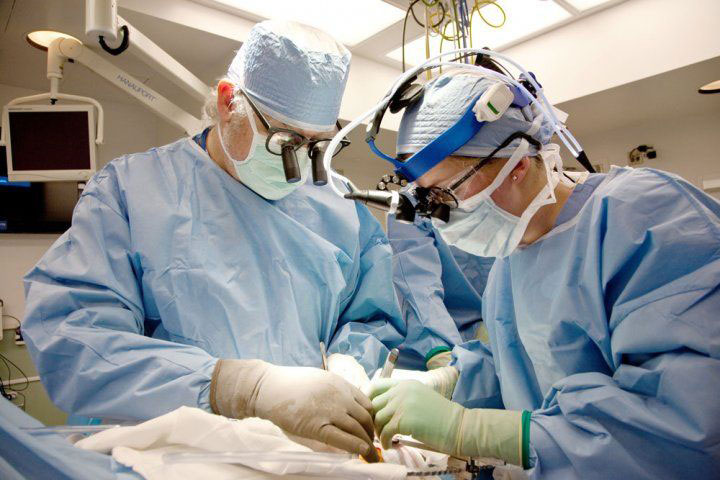
March 18 - A simple urine test can diagnose and predict acute rejection in kidney transplants, leading to an opportunity for earlier detection and treatment, according to a new study by researchers at UC San Francisco. A test of 601 urine samples showed greater than 95 percent accuracy in determining the risk of rejection following transplant, the researchers said.
KIDNEY TRANSPLANTATION ENABLES RECOVERY OF HEMOGLOBIN LEVELS

March 18 - Mean hemoglobin levels in patients prior to kidney transplantation are below levels that guidelines recommend for patients on peritoneal dialysis or hemodialysis, but transplantation allows hemoglobin levels to recover, according to investigators.
UPCOMING MEETINGS AND ANNOUNCEMENTS
3rd IPITA/JDRF/HSCI Conference on Stem Cell Derived Beta Cells
Contact
Address
The Transplantation Society
International Headquarters
740 Notre-Dame Ouest
Suite 1245
Montréal, QC, H3C 3X6
Canada
Используйте Вавада казино для игры с бонусом — активируйте промокод и начните выигрывать уже сегодня!


